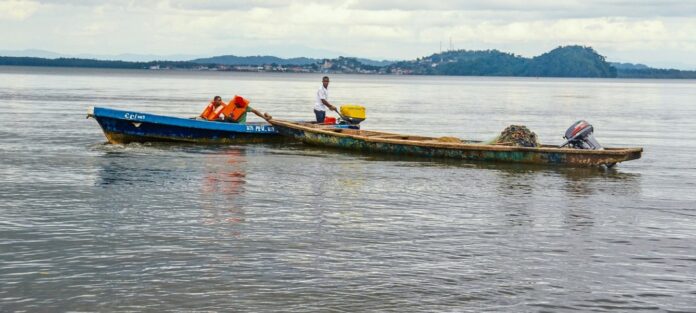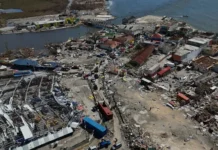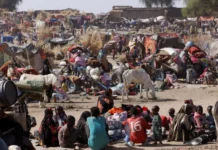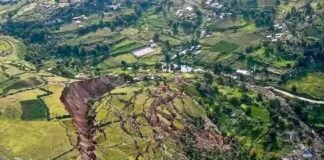Written by Lisa Murimi
In a bold and emotional declaration of sovereignty, Gabon has torn up its nearly two-decade-old fisheries partnership with the European Union, claiming the deal has sacrificed its economy and marine health for European gain.
The West African nation entered the agreement in 2007 with hopes of shared prosperity. Instead, President Brice Clotaire Oligui Nguema now describes the pact as “lopsided,” with foreign fleets hauling away wealth from Gabonese waters while leaving little behind.
“The government of the Republic of Gabon intends to take back control of its resources and ensure that its fisheries sector benefits the national economy,” the statement read in part as quoted by African News.
Under the deal, EU vessels paid for access to Gabon’s rich fishing grounds. But Libreville says most of the catch was shipped directly to Europe, bypassing local communities and denying Gabon a chance to build its own fish processing industry or generate meaningful employment.
Beyond economics, there’s growing fear that EU overfishing has pushed Gabon’s marine ecosystems to a tipping point.
The government is sounding the alarm, warning that continued exploitation threatens long-term sustainability.
In response, the EU expressed “surprise” at the decision, while recognizing Gabon’s sovereign right to walk away. Brussels says it remains open to renegotiation.
But for Gabon, this is more than policy—it’s about pride, survival, and reclaiming what has long been taken.
The move could ripple across Africa, inspiring other nations to reevaluate their resource deals. Gabon has drawn a line in the sand, and in the sea, insisting that the wealth of its waters must serve its people first.



















